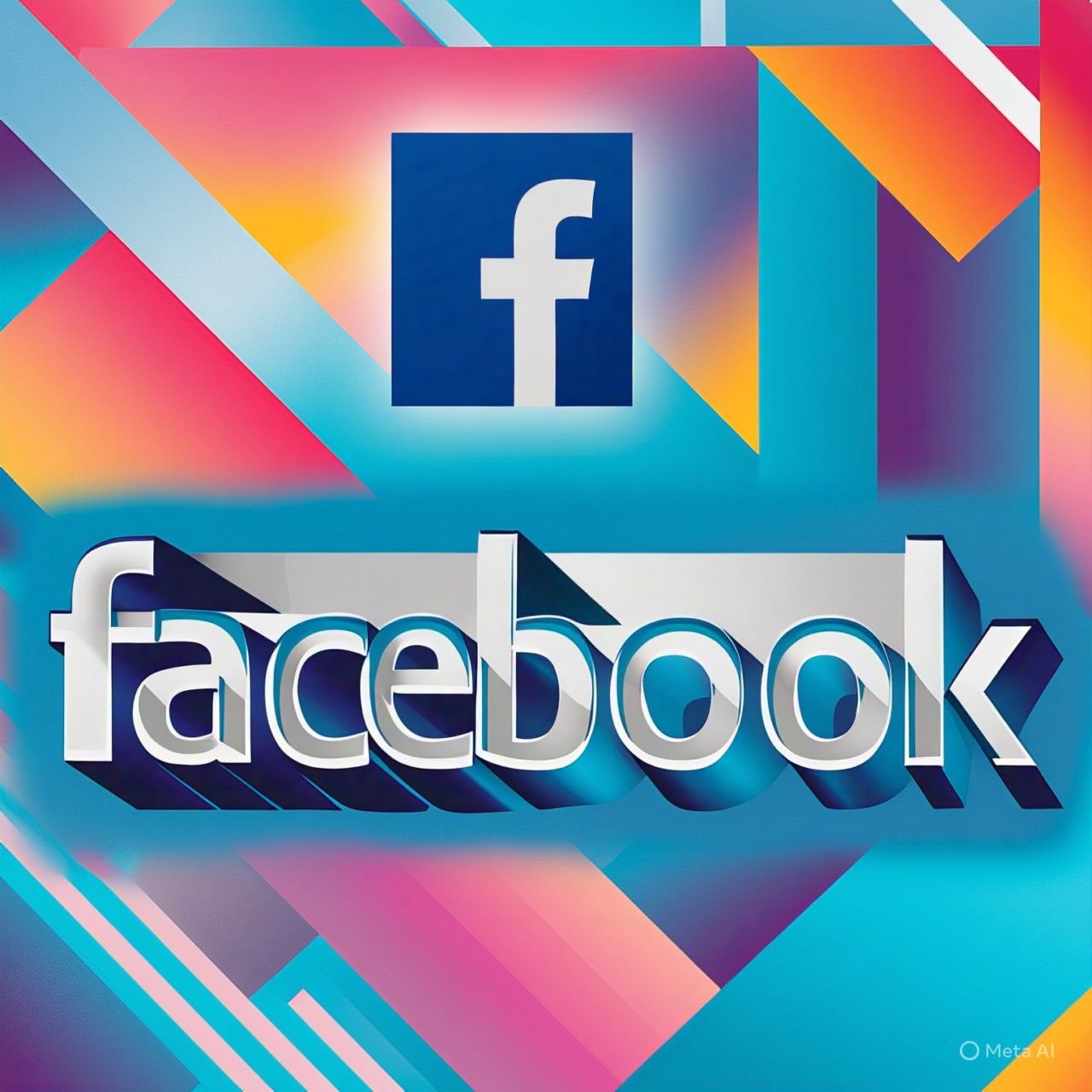
"When truth is optional, chaos becomes inevitable." This stark warning by media analyst John C. Maxwell has never felt more relevant as Facebook, the world's largest social media platform, recently announced the end of its fact-checking initiatives. The decision has sent ripples across the digital landscape, raising questions about the future of truth in an age dominated by misinformation.
The End of Fact-Checking: Why Facebook Pulled the Plug
Facebook’s decision to halt fact-checking stems from mounting pressures on multiple fronts. Critics on both ends of the ideological spectrum accused the platform of bias, claiming that its efforts to curb misinformation were often politically motivated. Moreover, the logistical challenges were immense. With over 2.9 billion active users, moderating misinformation became a Sisyphean task.
"The sheer scale of misinformation is overwhelming," said a former Facebook moderator who spoke on condition of anonymity. "It’s like trying to empty an ocean with a teaspoon."
The financial burden also played a role. Fact-checking partnerships with third-party organizations proved expensive and, at times, controversial. Frances Haugen, the whistleblower who exposed Facebook’s internal practices, stated, "Facebook consistently chooses profits over accountability, even when public safety is at stake."
A Playground for Misinformation
With fact-checking scaled back, misinformation is poised to flourish. A prime example is the spread of COVID-19 conspiracy theories. In 2021, the World Health Organization (WHO) reported that misinformation about vaccines was a major factor in vaccine hesitancy, prolonging the pandemic. Facebook’s lack of rigorous oversight could exacerbate similar crises.
Political misinformation also remains a concern. During the 2020 U.S. presidential election, false claims about voter fraud gained significant traction on social media, influencing public opinion and fueling unrest. Without fact-checking, such narratives could gain even more ground in future elections.
The Impact on Society
The absence of fact-checking has implications far beyond the digital sphere. Social media’s role in creating echo chambers—where individuals encounter only opinions that align with their own—is well-documented. Without fact-checking, these bubbles could become even more impermeable, fostering polarization.
"Misinformation is not just a nuisance; it’s a societal threat," said Dr. Ramesh Gupta, a sociologist at Delhi University. "It erodes trust, divides communities, and undermines the very fabric of democracy."
Trust, the glue that holds societies together, is already in short supply. According to the 2023 Edelman Trust Barometer, trust in media and government has reached historic lows. Facebook’s move risks exacerbating this trend, creating an environment where lies outpace truth and skepticism reigns supreme.
The New Gatekeepers of Truth
In the absence of institutional fact-checking, individuals must take on the responsibility of discerning truth from falsehood. This is no easy task in a world where information is weaponized and algorithms prioritize engagement over accuracy.
Users are urged to rely on credible sources and third-party fact-checking websites like Snopes, PolitiFact, and FactCheck.org. Media literacy programs, such as those implemented in Finnish schools, have shown promise in equipping citizens with the tools to navigate misinformation.
A Polarized Future?
The broader implications are chilling. A world dominated by misinformation risks becoming more polarized, with societal norms and peaceful coexistence sacrificed at the altar of division. Political narratives, often fueled by unverified claims, could deepen ideological chasms. Scientific advancements might face greater resistance, as falsehoods gain traction over evidence-based findings.
"We are entering an age where truth is no longer a universal concept but a matter of perspective," warned digital ethicist Dr. Anita Rao. "This shift threatens to unravel the very foundations of civilized discourse."
The Road Ahead
Facebook’s decision to abandon fact-checking underscores the urgent need for a collective response to the misinformation crisis. Governments, tech companies, and individuals must work together to rebuild trust and safeguard truth.
As users, we must remain vigilant, questioning the sources of information and holding platforms accountable. In the words of journalist Carl Bernstein, "The greatest felony in the news business today is to be irrelevant." Let us ensure that truth remains not just relevant but central to our digital lives.





















